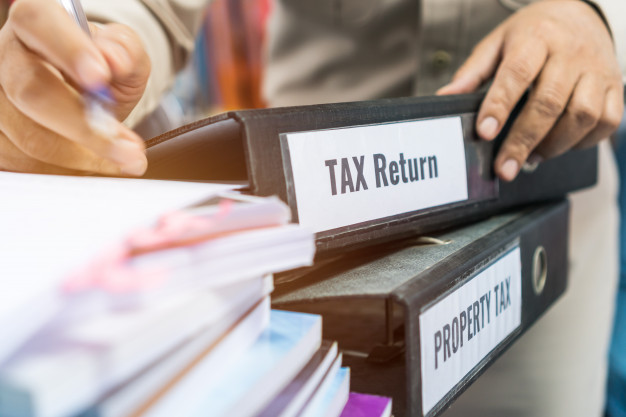
Not filing the annual declaration in case of legal entities and not paying taxes in case of individuals can have consequences such as fines, surcharges, execution expenses, audits, and seizures. At the end of the year, organizations and companies need to carry out their fiscal closures so that they can present their annual declarations. To avoid the negative consequences associated with not paying taxes, such as fines, surcharges, enforcement fees, audits, and liens, early planning and organization are key.
What if an individual does not need to lodge a tax return?
If a person’s earnings are less than 18200 dollars, then, in that case, the individual does not need to lodge the tax returns. Regardless of whether an individual does not need to lodge the tax return, he or she needs to submit non-lodgement advice to the Australian Taxation Office. The advice explains the reason for not lodging a tax return and ensuring that the individual has no outstanding returns. Without this advice, the Australian Taxation Department will assume that the individual needs to lodge and may be forced to take compliance action.
What’s the fine in the Case of Non-lodgement of Tax returns?
In case an individual does not lodge the tax returns, the Australian Taxation Office will issue a Failure to Lodge penalty. The tax returns should be lodged by the due date. The Australian Taxation Office calculates the fine at the rate of 1 penalty unit for 28 days or when the tax return document is overdue. The maximum penalty is 5 penalty units. The penalty application process is automatic. However, it does not apply to the returns that generate a refund. The Australian Taxation Office can sometimes remit the penalty in case of genuine reasons such as events of natural disasters or serious illnesses.
Are there penalties for Lodging a Late Tax Return?
If an individual is in the habit of not lodging a return or has several years of returns outstanding, in such cases, the Australian Taxation Office can issue the individual with a default assessment. It is an estimated income based on information the Australian Taxation Office possessed. However, such estimates are rarely accurate and may show higher tax liabilities that an individual owes. In these situations, the individual must prove their actual tax liability.
Will an Individual get prosecuted if they do not lodge a tax return?
Yes, a person a get prosecuted if they fail to lodge a tax return, even though it is uncommon. The Australian Taxation Authority can prosecute the individuals. The maximum penalty is 9000 dollars or imprisonment for up to one year.
How should an Individual lodge Tax Returns?
The Australian Taxation Authority will penalize those individuals who have one or more outstanding tax returns. Therefore, to avoid such situations, individuals should be proactive and update their tax returns.
Conclusion
There are many benefits to filing an income tax report. The individuals can get the benefits they are entitled to, such as the superannuation co-contribution and family tax benefits.
